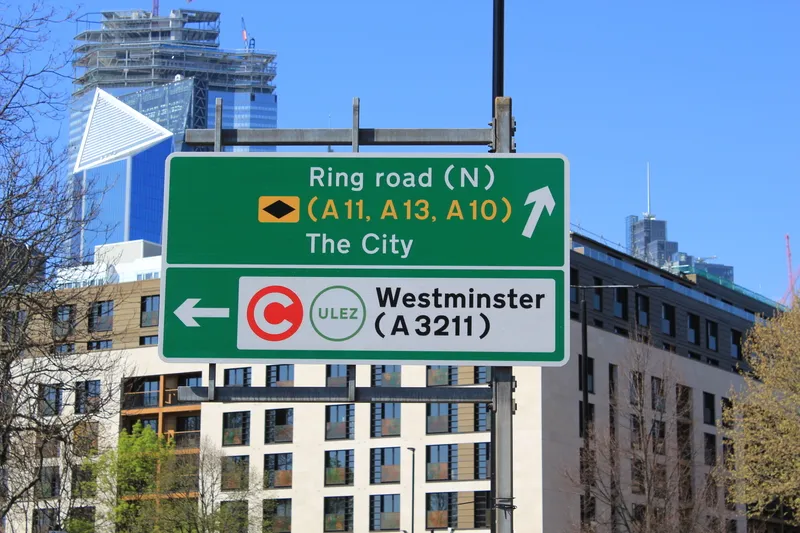There are now 10 LEBZs in London, which are expected to reduce nitrogen oxide (NOx) by 90% along some of the capital’s most polluted roads.
Buses operating within the zones meet the cleanest emissions standards and have been delivered through a combination of new and retrofitted vehicles, TfL says.
The three new zones in Lewisham, Stratford and Edmonton cover more than 1,300 buses across 79 bus routes.
TfL says they will reduce toxic air pollution for more than 40 schools, nurseries and academic institutions along the routes and surrounding roads.
TfL intends to upgrade its whole fleet to the Euro VI standard for light passenger and commercial vehicles as a minimum by October 2020.
As part of its commitment, TfL is only buying zero-emission or hybrid double-deck buses as well as retrofitting older buses in a bid to reduce NOx emissions by up to 90%. In addition, all single-deck buses are scheduled to be zero emission from 2020 – and the entire fleet of around 9,000 buses by 2037 at the latest.
In Putney High Street, LEBZ hourly exceedances of nitrogen dioxide (NO2) have been reduced by up to 99% and annual concerntrations by nearly 50%, TfL adds.
According to TfL, the LEBZ in Brixton has reduced hourly exceedances of NO2 by up to 85% and annual concentrations by nearly 20%.
Khan says the zones complement the introduction of the Ultra Low Emission Zone in central London earlier this month.
“Experts estimate that without action it would take 193 years to bring London's air quality to within legal levels - but with the action we're taking we can hope to achieve this goal in just six years,” he adds.
TfL is working with boroughs to identify locations for bus priority within LEBZs to ensure traffic flows quicker and reduce emissions even further.
London debuts three more low-emission bus zones
Transport for London (TfL) and the city’s mayor Sadiq Khan have introduced three more low-emission bus zones (LEBZ) to help reduce toxic air in the UK capital.
There are now 10 LEBZs in London, which are expected to reduce nitrogen oxide (NOx) by 90% along some of the capital’s most polluted roads.
Buses operating within the zones meet the cleanest emissions standards and have been delivered through a combination of new and retrofitted vehicles, TfL says.
The three new zones in Lewisham, Stratford and
April 26, 2019
Read time: 2 mins








